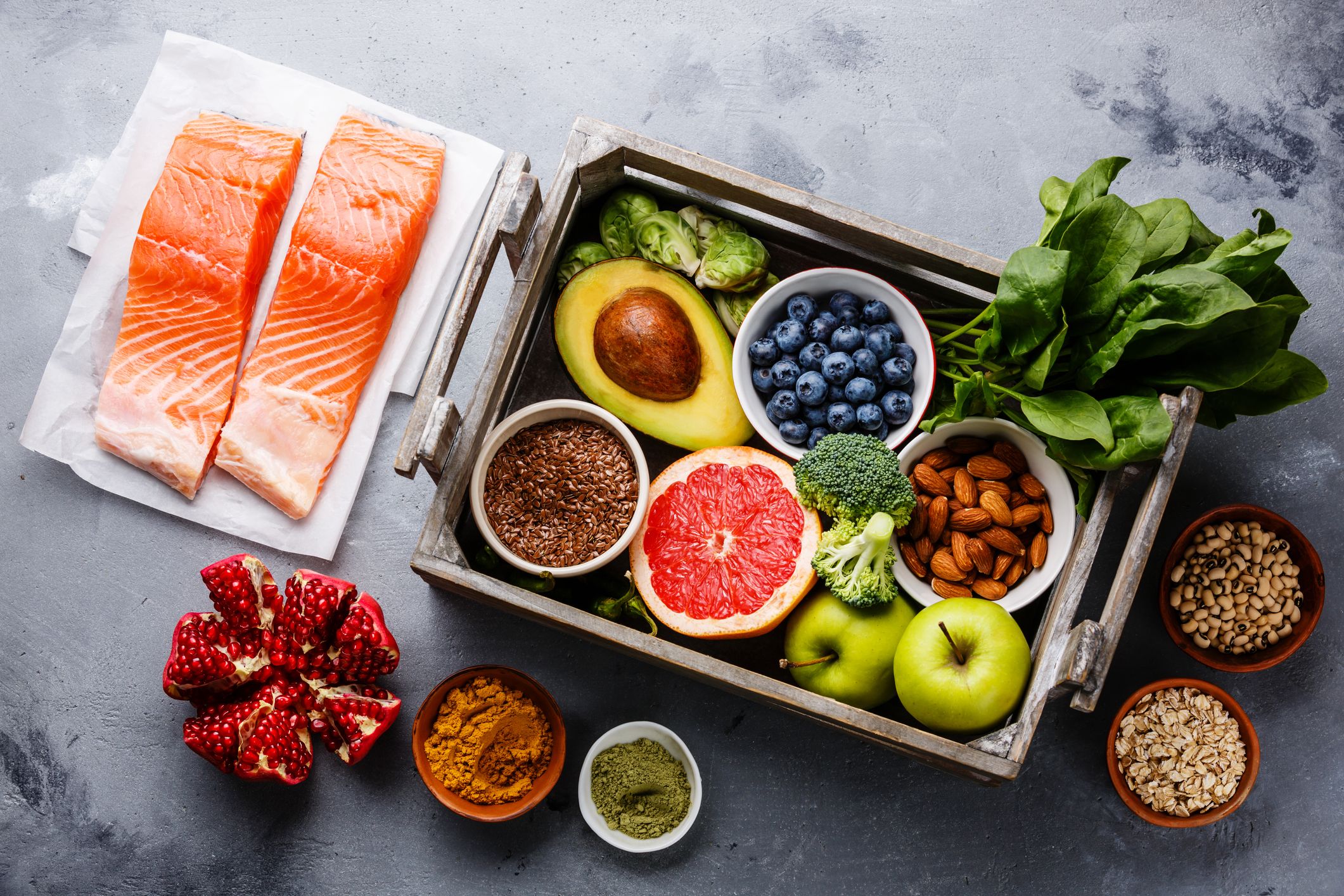
Dealing with high blood pressure does not always have to involve taking prescribed medication. You can lower your blood pressure by maintaining a healthy balanced diet and making some healthy lifestyle choices. You can also reduce your chances of hypertension by avoiding things that trigger stress.
Here are some ways you can manage high blood pressure through the food you eat.
Table of Contents
Drink Less Caffeine
Caffeine is common in coffee, tea, cola, and many energy drinks. Drinking coffee regularly as part of your balanced diet will not greatly affect your blood pressure. However, drinking more than 4 cups a day and having caffeine-rich drinks as the main source of your fluids will increase your blood pressure. Consider cutting down your caffeine intake and replacing it with healthier options like freshly blended fruit juice.
Reduce Sodium Intake
Sodium is present in many salts, and reducing even little amounts of it in your diet will have an impact on your blood pressure. Decreasing sodium in your diet will reduce the risk of heart disease and lower blood pressure. Try to consume less salt a day, and the gradual reduction will allow you to adjust easily. Remember to read labels to see the amount of sodium in the food.
Eat Healthy Food
The Dietary Approaches to Stop Hypertension (DASH) diet is a healthy option you may consider to lower your blood pressure. It is a plan that involves eating fruits, low-fat dairy products, vegetables, grains, lean meat, plain rice and potatoes, and food prepared with little salt. Eating food rich in potassium will reduce the impact of sodium on your blood pressure. In addition, avoiding high-fat content and high cholesterol in food can reduce the chances of increased blood pressure.
Know and Track What you Eat
Many people do not know their daily calorie intake and may end up consuming a lot more of what increases their blood pressure. Write down what you eat and drink every day and their portion sizes. Also, read food labels to know the ingredients and portions of everything. It will help you appropriately apportion your meals. Keep records and track your progress through them, enabling you to make necessary changes towards reduced blood pressure.
Lose Weight
As you gain weight, your blood pressure also rises. When you are overweight, your heart struggles to pump blood throughout your body, increasing blood pressure. If you are overweight, even slight weight reductions have an impact on reducing your blood pressure. Losing weight is among the most effective ways of reducing the risk of high blood pressure.
Reduce your Intake of Alcohol
Drinking too much alcohol frequently can increase your blood pressure. Therefore, it is advisable to drink in moderation. If you are a regular consumer, you should spread your drinking days out and drink less than 14 units per week. Additionally, alcohol contains high calories that can increase your weight, raising your blood pressure with time. Alcohol also affects how effective blood pressure medicine will work. You should also quit smoking to reduce your blood pressure and the risk of heart disease.
Exercise Frequently and be Active
To keep your heart and circulatory system in optimum condition, consider exercising regularly and being active to lower your blood pressure. Exercising will help you lose weight, which also lowers blood pressure. Partaking in any physical activity of moderate intensity like running and cycling every week will reduce the risk of increased blood pressure.
Visit your Doctor Often and get Medical Help
It is good to monitor your blood pressure and keep records to help you determine whether your lifestyle changes are helping you make progress. Then, in case of any complications, your doctor will be able to diagnose it fast and advise you on the way forward. In addition, doctors will guide you on the necessary changes to your diet, how you can reduce your blood pressure, and improve your general health.
